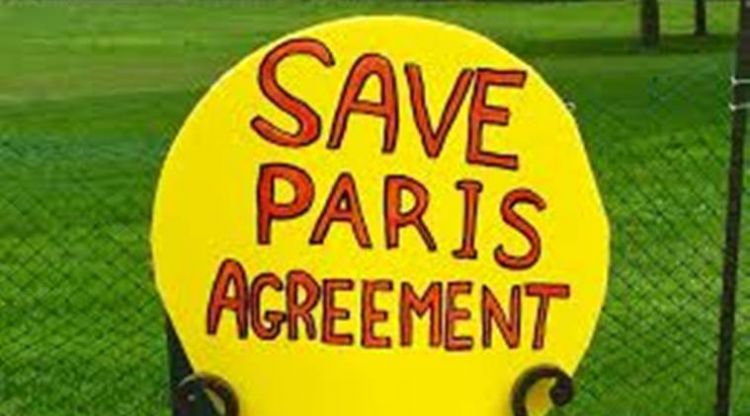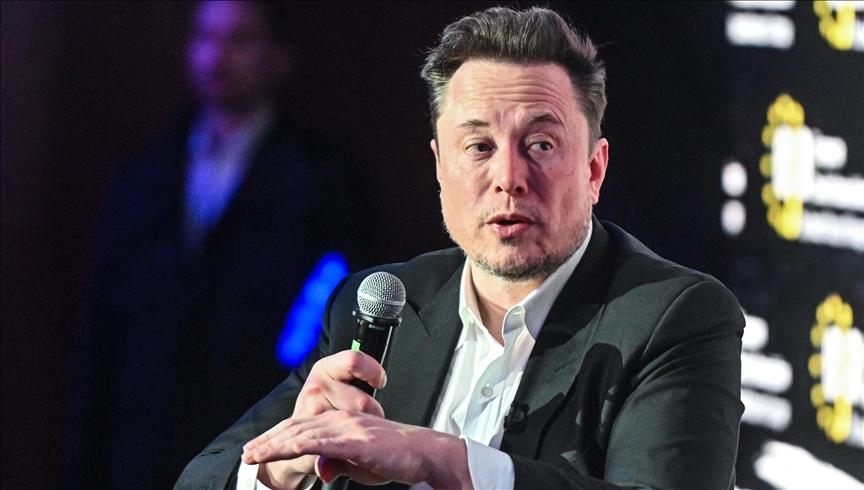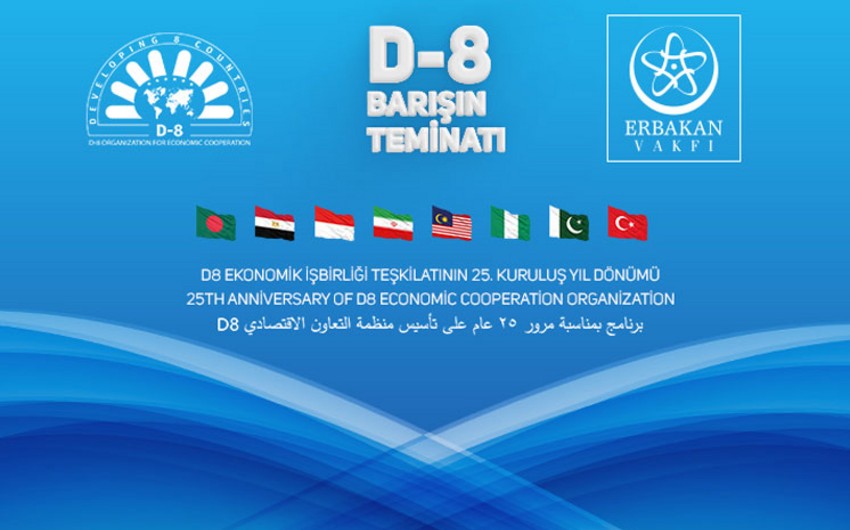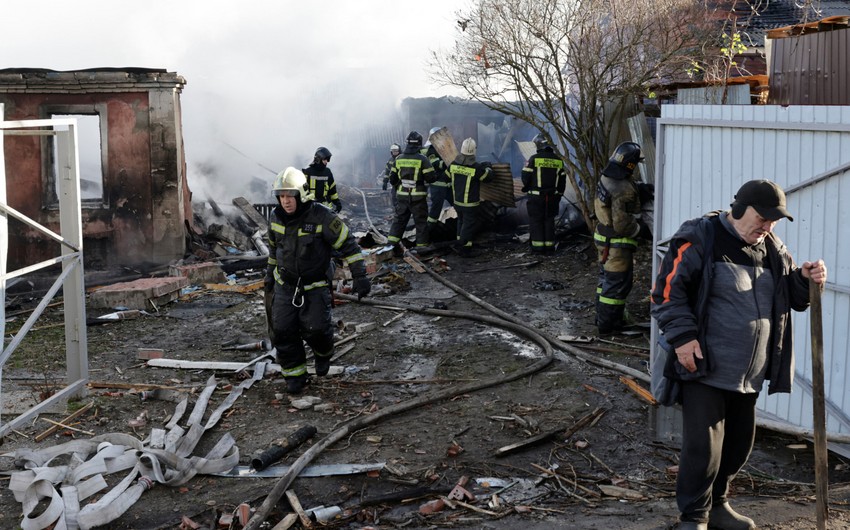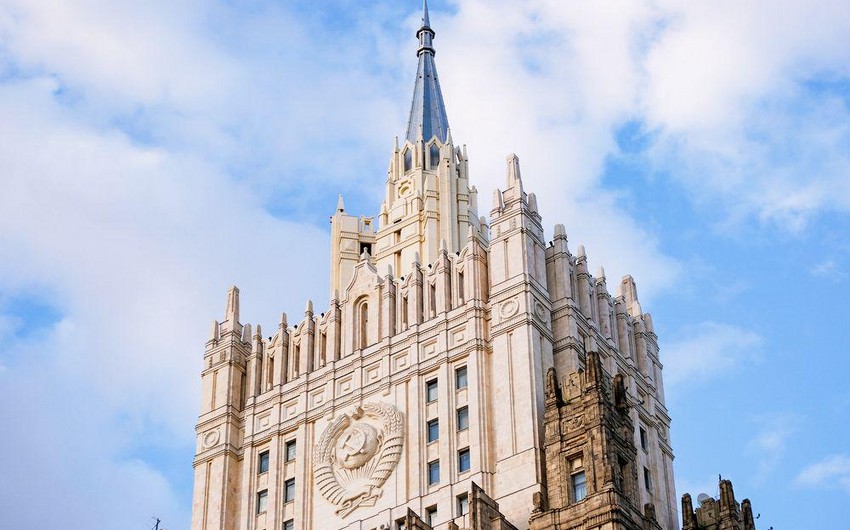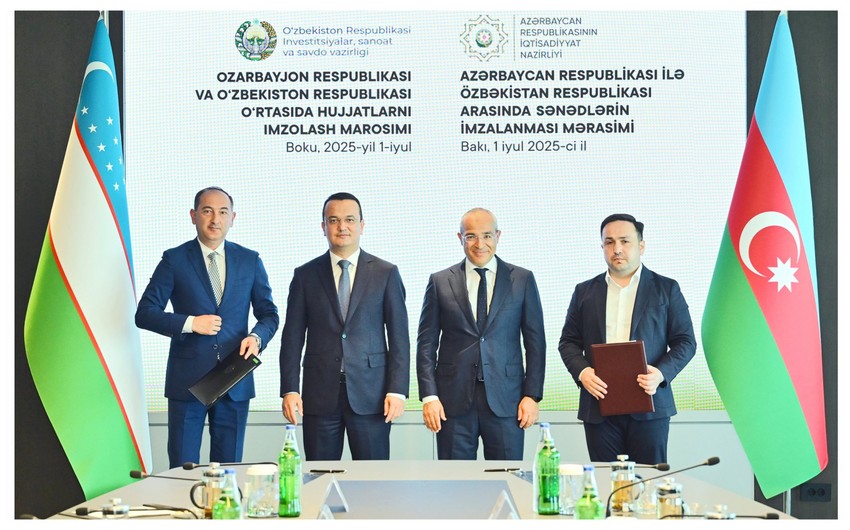At the half-way mark in the climate change negotiations here, while some progress has been achieved with respect to framing of guidelines and a rule-book for implementation of the Paris Agreement, a few key issues that have dominated the discussions so far have remained unresolved. Nazhat Shameem Khan of Fiji, the chief negotiator at this conference, noted with satisfaction the wide support that a gender action plan has received. “It is about integrating gender issues in all the work around climate policy. This is really excellent,” she told reporters on Sunday evening.
Fiji Prime Minister Frank Bainimarama, who is presiding over the conference, claimed good progress on the framing of guidelines for the Paris Agreement. “Overall, clear progress is being made on the implementation of the Paris Agreement. Work has proceeded in a constructive fashion and we are making headway on many key elements of the implementation guidelines. There is of course much work still to be done but I am encouraged by the positive reports so far,” he said on Sunday.
However, little headway has been made on at least two issues dear to the developing countries — the inclusion of ‘pre-2020 actions’ in formal agenda of negotiations, and the issue of loss and damages. Despite having set a weekend deadline to take a final decision, the conference was unable to resolve the differences over the key demand of the developing countries to get the issue of ‘pre-2020 actions’ included in the formal agenda of the negotiations.
The countries met on Saturday evening to take stock of the progress made on various issues in the first week of the two-week negotiations. It was at this meeting that the issue of ‘pre-2020 actions’ was to be decided. However, while Salaheddine Mezouar of Morocco, president of last year’s conference who was assigned to hold informal consultations with all the countries, noted constructive engagement and progress, he said there was still no consensus on the issue. It was then decided to shift the deadline for the decision to Monday.
“Consultations with regard to pre-2020 actions is still being done by Morocco. He (Mezouar) is doing his best to ensure a good outcome of the consultations and he will come back to us with a report on Monday,” Bainimarama said on Sunday evening.
The ‘pre-2020 actions’ refer to the obligations of the developed countries under the 1997 Kyoto Protocol that has still three more years to run. The Paris Agreement, finalised in the French capital in 2015, is essentially a successor treaty for the post-2020 world.
The Kyoto Protocol had put the responsibility of reducing emissions only on a small group of rich and developed countries. These countries had to achieve targeted cuts in the period 2005 and 2012. Later, in the Doha climate conference, amendments to the Kyoto Protocol extended its mandate till 2020 with fresh targets for these countries. The Doha Amendments, as they came to be called, have still not become operational as adequate number of countries have not yet ratified it.
India and other developing countries have been demanding that ‘pre-2020 actions’ be made part of the formal negotiations here. They rejected a compromise formula suggested late last week to discuss this matter at a scheduled review meeting next year.
hameem Khan acknowledged that significant differences over the issue of loss and damages remained. Smaller countries, particularly the island states, that are most threatened by the impacts of climate change have been demanding the inclusion of provisions for compensation for the destruction of life and property caused by climate change-induced extreme weather events on their territories.
Small island nations, who face the prospect of getting submerged by the rising sea-levels, have been demanding a provision for compensation for damages that countries like them suffer due to climate change. They have been arguing that they, and other least developed countries, have had to face the worst impacts of climate change when they themselves have had negligible contribution to make to the global greenhouse gas emissions. There is no consensus on the issue though there is a separate track of negotiations on this.

